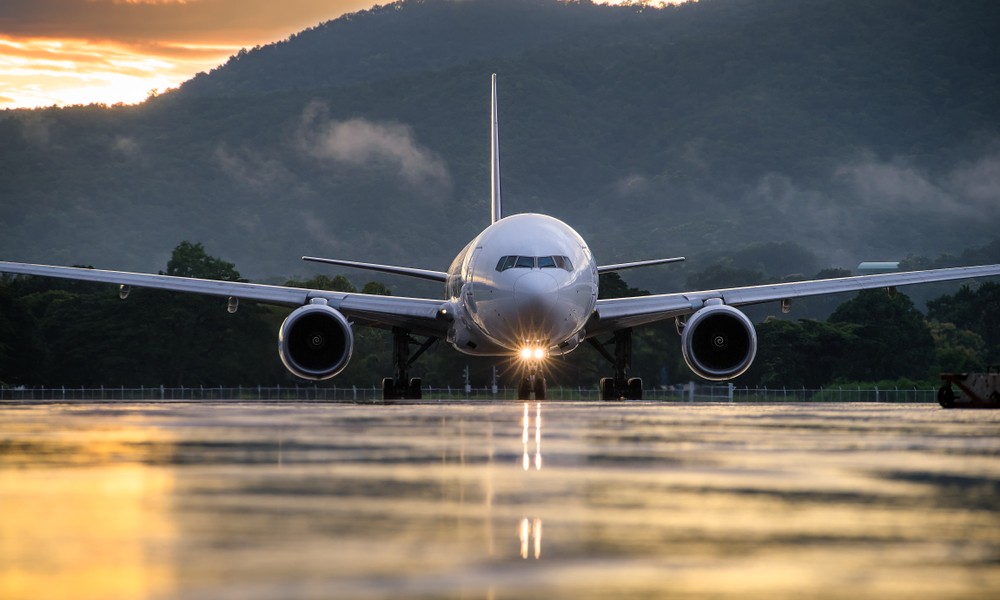Through the survey, ANSYS measured consumer sentiment around the future of autonomous aircraft. Highlights of the survey include:
• Timeline for Adoption: While 70% are ready to fly in an autonomous plane in their lifetime, only 58% are willing to board a self-flying plane in the next decade. Twelve percent insist on waiting longer than 10 years.
• Consumer Fears: When asked to select their greatest concerns with autonomous flights, respondents said they are most concerned with technology failure (65%) and autopilot responding to external conditions, such as bad weather and turbulence (57%).
• Traveler Confidence: Of those surveyed, 71% had no fears about a safe take-off, and 76% were unconcerned with an autonomous landing.
• Awareness of Autopilot: Only 7% realized the extent to which planes are currently autonomous. When respondents were informed that only the first and last 10 minutes of their most recent flight were likely controlled by a pilot and the rest was autonomous, 36% said that they would feel much safer in a fully autonomous plane.
• Millennials Matter: Younger consumers are more willing to fly autonomous; 83% of 18-24-year-olds are willing to fly in an autonomous plane in their lifetimes, compared to just 45% of those over 65.
• Safer Than a Bank Account: Of those surveyed, 39% believe that an autonomous plane is the hardest technology system to hack, compared to bank accounts (27%), smartphones (17%), computers (14%) and self-driving cars (12%).
• Commute of the Future: More than half of respondents (63%) said they would definitely or probably be willing to ride in a flying taxi.
"Autonomous aircraft are likely to enter service over the next decade, targeting both intra-city and inter-city travel, primarily used in air freight and air taxi business models. Further automation in large commercial jets will be gradual, first starting with single pilot operations, followed by fully autonomous operations,” said Priyanka Chimakurthi, senior research analyst at Frost & Sullivan. “Undoubtedly, automation will continue to transform air transport, as it has done over the past few decades. However, it will have to overcome numerous challenges, starting with passenger perception, practical constraints as well as battery and propulsion technologies."
“The findings of this research are encouraging for the entire aerospace industry — people are ready for a new era of air travel,” said Eric Bantegnie, vice president and general manager, ANSYS systems business unit. “Digital safety solutions will play a major role for manufactures meeting customer demand. Building on our 20-year history of providing world-class certified embedded software critical for aircraft safety, ANSYS enables faster, more effective testing and validation — empowering industry leaders to bring autonomous aircraft to market faster and more safely.”




